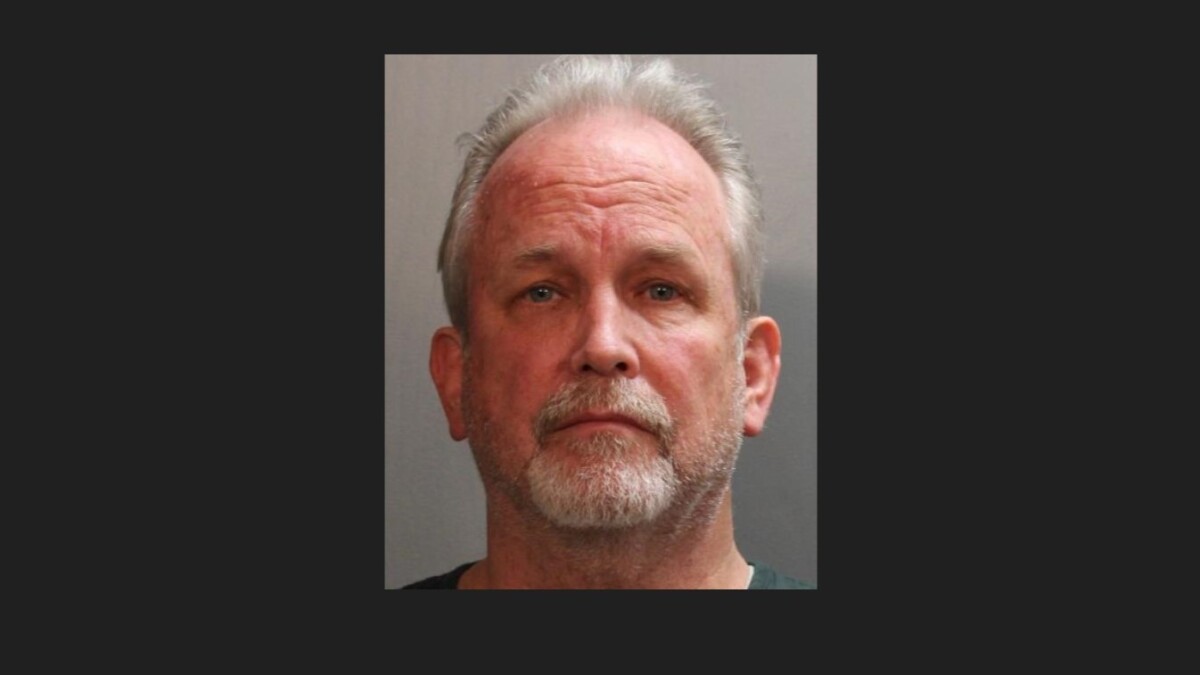A massive expansion of Florida’s school-choice programs that would make all students eligible for taxpayer-backed vouchers is headed to Gov. Ron DeSantis. The Republican-controlled Senate passed the measure Thursday amid warnings from Democrats like Sen. Tracie Davis of Jacksonville.
In a 26-12 vote along straight party lines, senators gave final approval to the measure (HB 1), which the House passed last week.
DeSantis already has pledged to sign the proposal, which includes removing income-eligibility requirements that are part of current voucher programs. It has been a top priority of House Speaker Paul Renner, a Palm Coast Republican who was in the Senate chamber Thursday.
“We are funding students in this state. Parents have spoken,” Senate sponsor Corey Simon, R-Tallahassee, said.
Davis argued that expanding voucher access would chip away at funding for traditional public schools.
“The parents of these students will just get a rebate for the private-school tuition that they are already paying for. And that means the funds we have to pay for public schools will be reduced by the number of students accepting the voucher,” Davis said.
Davis was the only senator from Northeast Florida to vote no. Reps. Kimberly Daniels and Angela Nixon, both Democrats from Jacksonville, voted no in the House.
Under the bill, students would be eligible to receive vouchers if they are “a resident of this state” and “eligible to enroll in kindergarten through grade 12” in a public school.
The measure includes a tiered “priority” system for students to receive vouchers. Students whose household incomes are less than 185% of the federal poverty level, or roughly $51,000 for a family of four, would get first priority. Next would be students whose family incomes are from 185% of the poverty level to 400% of the poverty level, which is about $111,000 for a family of four.
Outnumbered Senate Democrats slammed the measure during a floor debate, characterizing it as a potential handout for wealthy people who would seek the vouchers.
“Let’s just face it, if you are a parent and you are paying for private school, why wouldn’t you want to take advantage of this program? I mean, this is going to be corporate welfare for parents who are already paying for private schools,” Sen. Lori Berman, D-Boca Raton, said.
“Millionaires, billionaires — we have no limits in this bill at all. Anybody would be entitled to get the up to $8,000 that we’re talking about,” Berman added, referring to the amount of per-student funding that would be provided through vouchers.
Davis, the Jacksonville senator, argued that expanding voucher access would chip away at funding for traditional public schools.
“The parents of these students will just get a rebate for the private-school tuition that they are already paying for. And that means the funds we have to pay for public schools will be reduced by the number of students accepting the voucher,” Davis said.
Davis was the only senator from Northeast Florida to vote no.
Reps. Kimberly Daniels and Rep. Angela Nixon, both Democrats from Jacksonville, voted no in the House.
Simon pushed back against the Democrats' arguments.
“We are spending record amounts of dollars in this year’s budget on our public schools. They won’t tell you that. Because they’re not arguing for the kids. They're not arguing for the parents. They’re arguing for the system,” Simon said.
Another major change in the bill would allow home-schooled students to receive voucher funds. But the measure would require such students to be categorized as participating in a "personalized education program," which would come with certain requirements such as the students having to take nationally norm-referenced tests or statewide assessments.
The proposal also would set up what are known as “education savings accounts,” allowing recipients to spend funds on a range of purchases beyond private-school tuition. Some of those purchases could include tutoring expenses, fees for various exams and contracted services provided by public schools.
House and Senate cost estimates of the bill varied as it moved through the Legislature. The Senate this week released a $2.2 billion total, though that number also includes the costs of students currently receiving vouchers.
The nonprofit Florida Policy Institute, which opposes the voucher plan, estimated the measure would cost about $4 billion.
“As each chamber rolls out their education budgets, one thing is clear: The significant and growing projected cost of universal vouchers under HB 1 poses a threat to school districts’ budgets for the foreseeable future,” Florida Policy Institute CEO Sadaf Knight said in a statement after the bill passed.
Supporters, however, said the bill will drive up competition among schools, provide parents with options and ultimately raise the quality of education.
“Universal school choice means that every school has a chance to compete for students, and their parents can decide the best fit,” Senate President Kathleen Passidomo, R-Naples, said in a statement.
Passidomo also pointed to a part of the bill that directs the State Board of Education to provide recommendations to the governor and Legislature related to reducing “regulation of public schools.”
“Additionally, by reducing red tape that burdens our traditional public schools, these institutions, which have served our communities for generations, will have a meaningful chance to compete right alongside other school choice options,” Passidomo said.
9(MDEwNzczMDA2MDEzNTg3ODA1MTAzZjYxNg004))






